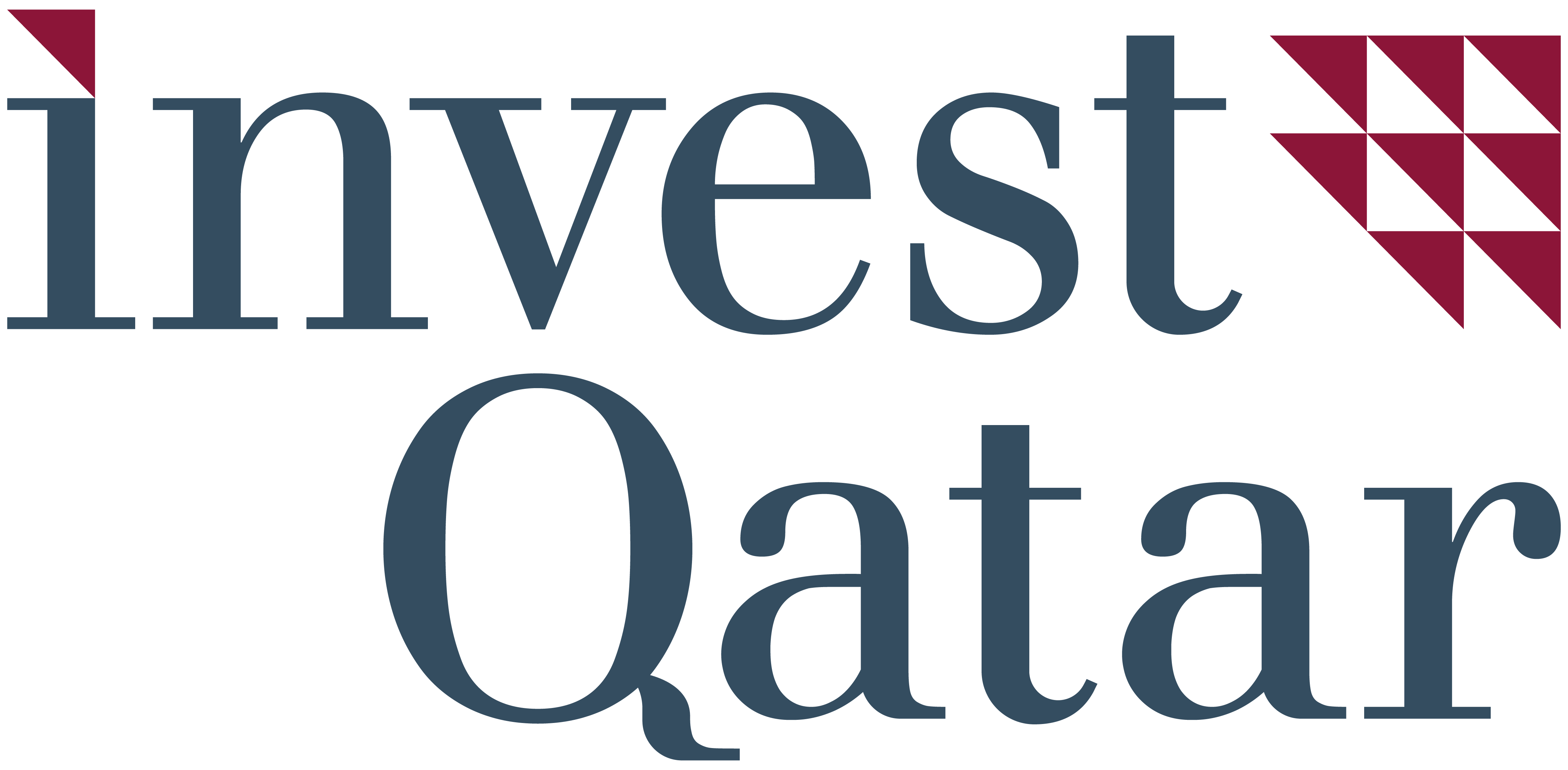Ranked second only to the Gulf state's hydro-carbon industry, Qatar’s financial services sector is a major contributor to its economy and reflects the sector’s prominence in shaping Qatar’s economy as one of the world’s most stable, resilient and competitive. Continuous economic growth has seen demand for financial services growing accordingly, cementing the country’s position as one of the major financial hubs in western Asia and beyond.
Two of the key institutional players in Qatar’s financial services ecosystem are the Qatar Financial Markets Authority (QFMA), which started operations in 2007, and the Qatar Stock Exchange (QSE). QFMA is an independent regulatory authority responsible for supervising the state’s financial markets, granting licences to practise financial activities, and conducting inspections and investigations to ensure compliance with applied laws and regulations.
$2.5bn
and was ranked as the best-performing exchange among emerging and developed markets worldwide.
Established in 1995, the QSE is the first in the region and one of the pioneering exchanges globally to promote environmental, social and corporate governance (ESG) standards. In 2018, QSE attracted net foreign inflows of $2.5bn, and was ranked as the best-performing exchange among emerging and developed markets worldwide.
Alongside a robust network of regulation, the Qatari government has worked hard to attract international partners to help promote the growth and depth of the financial services sector; these include global investment banks and financial services firms such as Credit Suisse, HSBC and UBS, as well as the professional services firm Ernst & Young. Their presence in Qatar is testimony to the country’s determination to provide an attractive landscape for foreign investment and a matrix of opportunities for contracts in the public and private sectors.

88%
of fintech entrepreneurs in the MENA region were either seeking or already benefiting from partnerships with financial institutions.
Fostering Innovation
As a key part of Qatar’s financial services sector, fintech also plays a fundamental role in Qatar’s wider strategic plan to promote innovation while diversifying its economy. This strategy is actively promoted by the Qatar FinTech Hub (QFTH), the second largest fintech venture investor in the Middle East and north Africa (Mena) region in the first quarter of 2021. The Hub is an initiative managed by Qatar Development Bank (QDB) under the leadership of Qatar Central Banks (QCB).

“Financial technologies have grown to become a true disruptive force and a crucial tool to achieve the long-term development for Qatar’s financial industry and consequently the country’s economy,” says Abdulrahman Hesham Al Sowaidi, Qatar Development Bank’s Acting Chief Executive Officer. “It is critical for us in Qatar to have a robust financial sector powered by advanced technologies that cater to the needs of the continuously evolving markets, because it is essentially required for the foundation of our targeted knowledge-based economy.”
In line with Qatar’s National FinTech Strategy, QFTH aims to provide a competitive business ecosystem to local and international fintechs to encourage them to consider making Qatar the base for their regional and global operations. A recent survey by start-up platform Wamda revealed that 88 per cent of fintech entrepreneurs in the MENA region were either seeking or already benefiting from partnerships with financial institutions. Since its inception, QFTH has brought in some 1,800 applications from across the globe, graduating more than 50 fintechs with an estimated valuation of $500mn.
Enabling Change
In February, the Qatari fintech startup Karty announced its plans to launch an app-based, digital-first, prepaid mobile wallet in the Gulf state and beyond. Describing itself as a “lifestyle solution that offers a unified experience while complementing basic banking products”, Karty has been developed to suit individuals who struggle to analyse their spending and budget, especially when engaged in peer-to-peer payments with friends and family, and who often have multiple bank accounts or cards.
The app is being launched in partnership with the Silicon Valley-based i2c Inc, a global provider of payment and banking solutions, and is also backed by Visa, QFTH, Qatar Financial Centre (QFC), QDB and Qatar Foundation. In 2021, Karty was the winner of the 2021 Qatar Science & Technology Park Accelerator programme.
Once it is fully operational, Karty will be regulated by the QCB’s FinTech Regulatory Sandbox, a testbed that allows startups and other fintech initiatives to conduct “live” experiments under regulatory supervision. As such, Karty is just one of the latest steps in a process that began with the formation of the Qatar National FinTech Taskforce in 2017, comprising the QCB, QDB and QFC, which aimed to promote a thriving fintech ecosystem.
A Knowledge-Based Economy
The growth of QFC, which launched in 2005 to provide legal, taxation and business services to local and international companies, is another marker of the growing maturity of the country’s financial services sector. In 2019, business registration grew by a third, with more than 800 fintech, IT, tax and investment consulting firms on the platform. What is more, QFC surpassed its goal to register 1,000 firms by the end of 2022 a year early, recording more than 1,280 registrations at the end of December 2021.

“As a main licensing platform and fintech enabler for local and international firms in Qatar, the QFC has increased the number of fintech activities being conducted by companies while introducing a FinTech Services Providers Licence,” explains the QFC Chief Executive Officer, Yousuf Mohamed Al-Jaida. “This allows firms in areas including cybersecurity, application programming interfaces (API), cloud computing, blockchain technologies and artificial intelligence to operate as non-regulated entities.”
A home-grown mobile payment startup that offers greater convenience for consumers and merchants alike by enabling digital payments using proprietary QR codes, SkipCash is one of the many initiatives to have benefited from QFCs assistance. Launched in December 2020, it now partners with more than 250 local brands in various sectors, has some 26,000 users and has exceeded 9,000 successful payment transactions. Next are plans to explore markets across the Gulf region.
“Our strategy is aligned with the Qatar National Vision 2030,” says Mr Al-Jaida. “Qatar Financial Centre is an integral part of Qatar’s strategic initiative to build, develop and diversify the business environment and transform Doha into a leading global financial and commercial capital.”
